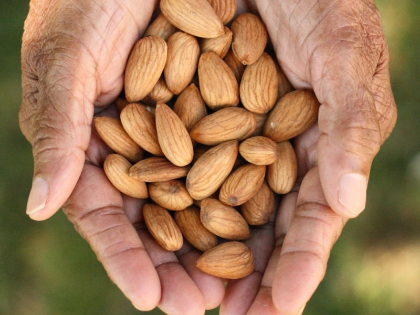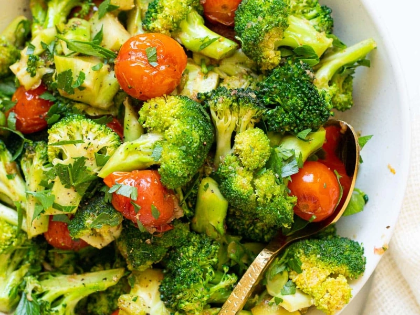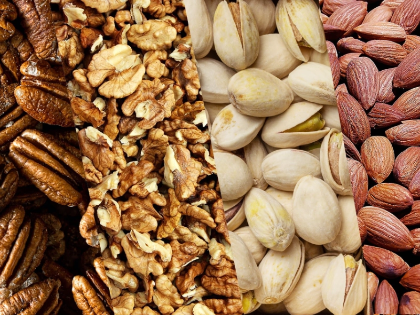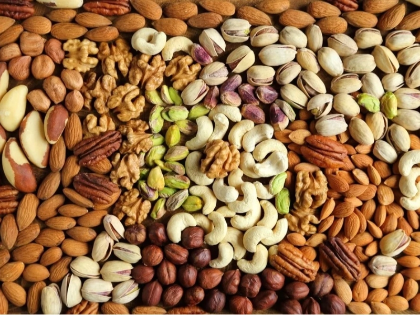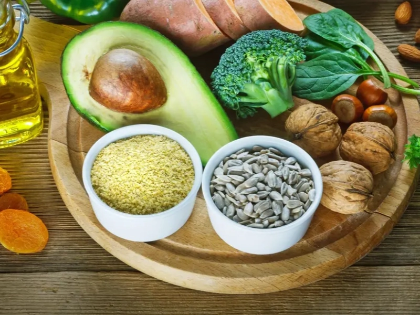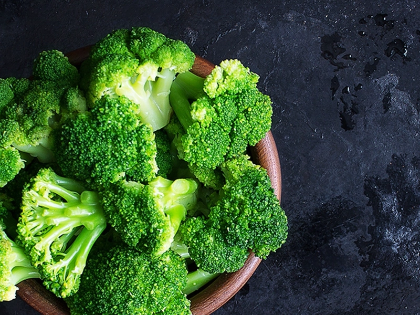Vitamin E and Arthritis: Potential Anti-Inflammatory Effects
1.Understanding Arthritis Commonly marked by inflammation of the joints, arthritis causes pain, stiffness, and limited motion. Millions of people all around are affected; rheumatoid arthritis and osteoarthritis are the most common kinds. Daily living can be greatly affected by inflammation related to arthritis, hence it is important to investigate dietary choices that might reduce symptoms. One such choice is vitamin E, a fat-soluble antioxidant with interest for possible anti-inflammatory properties.
2.Vitamin E's function is Crucially important for shielding cells from oxidative stress, vitamin E is a strong antioxidant. When the body's free radical balance is disrupted and cellular damage results, a condition known as oxidative stress results. Within the framework of arthritis, oxidative stress can aggravate inflammation and hasten joint degeneration. Vitamin E may aid to minimize oxidative damage by neutralizing free radicals, hence perhaps lowering inflammation and enhancing joint health.
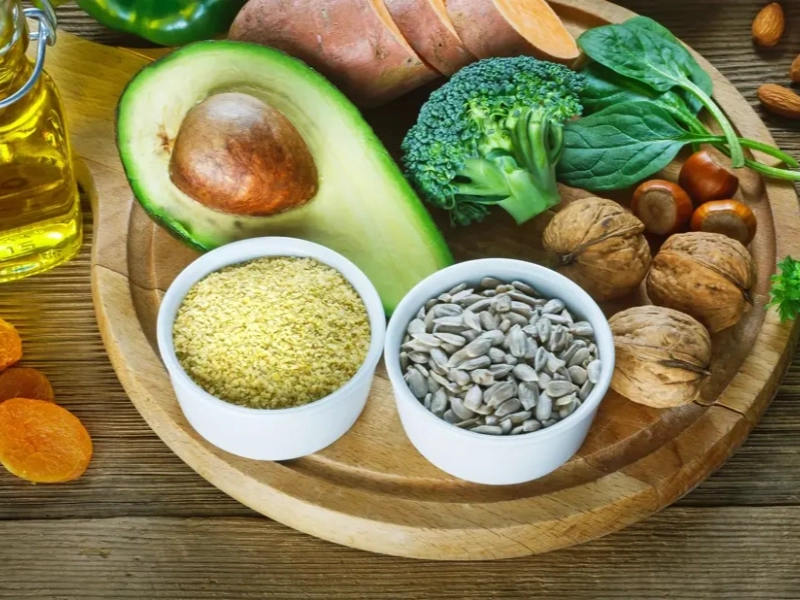
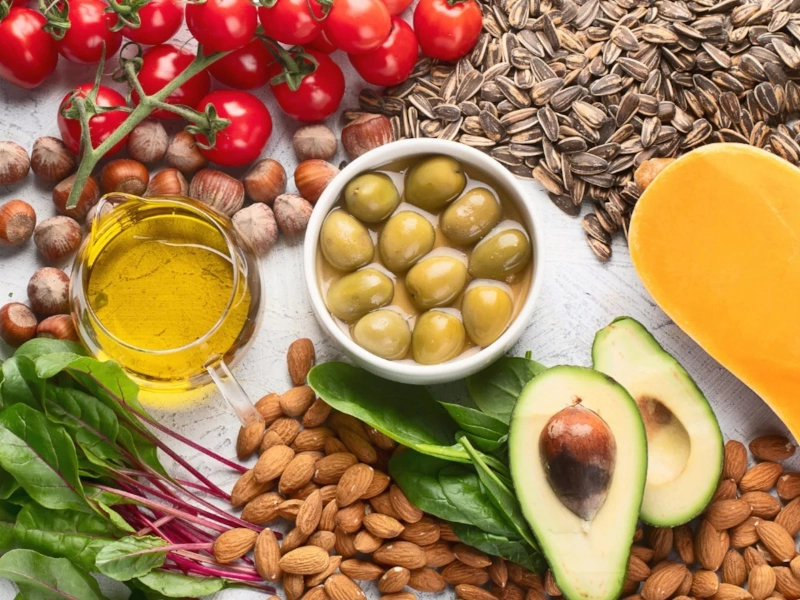 5.Vitamin E and Joint Function Vitamin E has possible advantages beyond only lowering inflammation. Studies point to vitamin E possibly helping to preserve general joint health as well. By shielding cartilage from oxidative damage, vitamin E has been hypothesised to assist increase joint mobility and function. For those with osteoarthritis, where cartilage breakdown is a main issue, this preventive action might be very helpful.
6.Research Notes and Clinical Findings Numerous clinical investigations have looked at how vitamin E might help with arthritis. Positive results from several research suggest that vitamin E supplements can help those with rheumatoid arthritis have less pain and better joint functioning. Results will vary, though, therefore further study is required to get clear decisions. Before beginning any supplement program, people should see medical experts—especially if they already take arthritis drugs.
5.Vitamin E and Joint Function Vitamin E has possible advantages beyond only lowering inflammation. Studies point to vitamin E possibly helping to preserve general joint health as well. By shielding cartilage from oxidative damage, vitamin E has been hypothesised to assist increase joint mobility and function. For those with osteoarthritis, where cartilage breakdown is a main issue, this preventive action might be very helpful.
6.Research Notes and Clinical Findings Numerous clinical investigations have looked at how vitamin E might help with arthritis. Positive results from several research suggest that vitamin E supplements can help those with rheumatoid arthritis have less pain and better joint functioning. Results will vary, though, therefore further study is required to get clear decisions. Before beginning any supplement program, people should see medical experts—especially if they already take arthritis drugs.
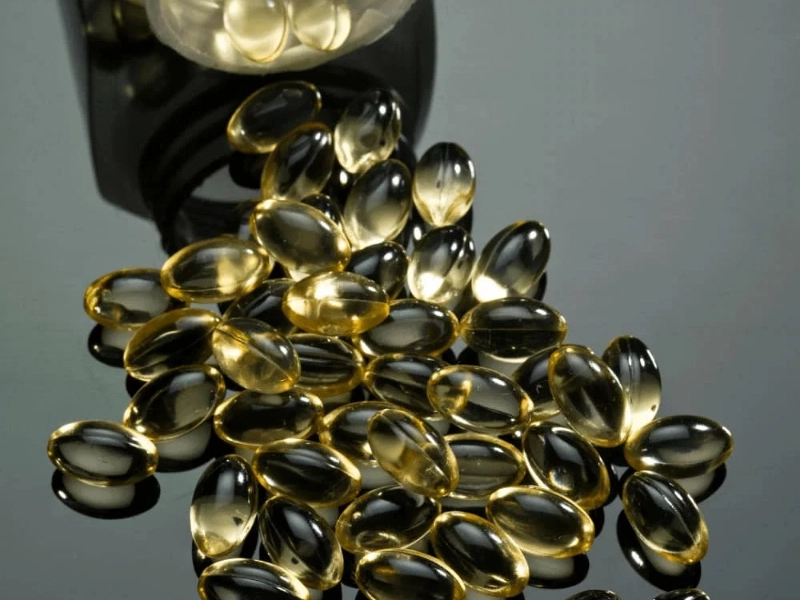 7.Value of a Balanced Diet Although vitamin E has possible advantages for arthritis, it is advisable to approach its intake in line with a healthy diet. A diet high in fruits, vegetables, whole grains, lean meats, and good fats will offer a variety of nutrients supporting general health and well-being. Combining foods high in vitamin E with additional anti-inflammatory foods including berries, almonds, and fatty fish will help to improve management of arthritic symptoms.
8.Arthritis Management and Lifestyle Factors Apart from nutritional concerns, lifestyle choices greatly help to control arthritis. Improved joint health and lower inflammation can all help from regular physical exercise, weight control, and stress management. Including foods high in vitamin E into a whole strategy including these lifestyle modifications will help to improve general efficacy in controlling arthritic symptoms.
7.Value of a Balanced Diet Although vitamin E has possible advantages for arthritis, it is advisable to approach its intake in line with a healthy diet. A diet high in fruits, vegetables, whole grains, lean meats, and good fats will offer a variety of nutrients supporting general health and well-being. Combining foods high in vitamin E with additional anti-inflammatory foods including berries, almonds, and fatty fish will help to improve management of arthritic symptoms.
8.Arthritis Management and Lifestyle Factors Apart from nutritional concerns, lifestyle choices greatly help to control arthritis. Improved joint health and lower inflammation can all help from regular physical exercise, weight control, and stress management. Including foods high in vitamin E into a whole strategy including these lifestyle modifications will help to improve general efficacy in controlling arthritic symptoms.
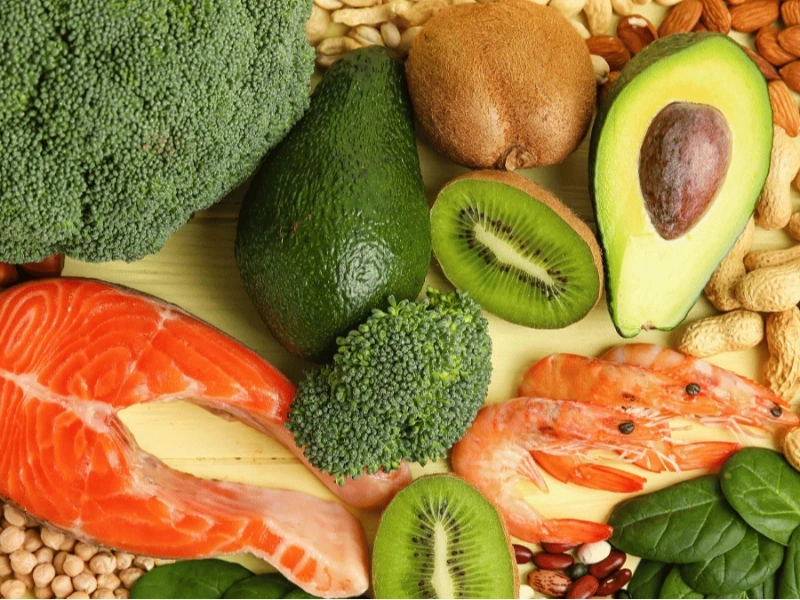 9.Synopsis of Vitamin E's Arthritis Benefits For those with arthritis, vitamin E presents hope as a possible anti-inflammatory medication. Its antioxidant qualities might help lower inflammation and oxidative stress, therefore enhancing joint health and function. Those who have a good lifestyle and include foods high in vitamin E into a balanced diet might help themselves to actively control their arthritis symptoms. As always, it is important to see medical experts to customize dietary recommendations and therapies to certain health requirements.
9.Synopsis of Vitamin E's Arthritis Benefits For those with arthritis, vitamin E presents hope as a possible anti-inflammatory medication. Its antioxidant qualities might help lower inflammation and oxidative stress, therefore enhancing joint health and function. Those who have a good lifestyle and include foods high in vitamin E into a balanced diet might help themselves to actively control their arthritis symptoms. As always, it is important to see medical experts to customize dietary recommendations and therapies to certain health requirements.

